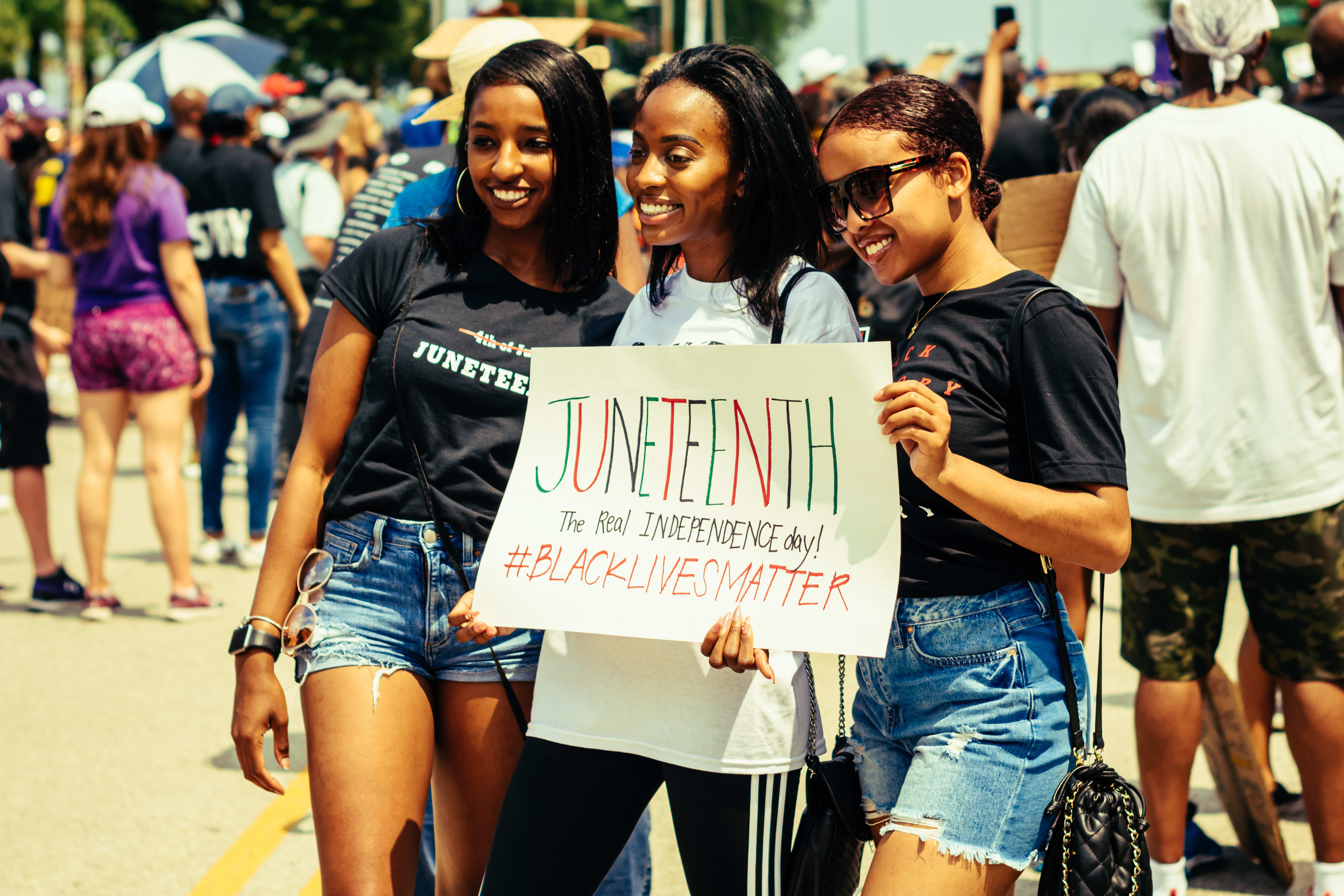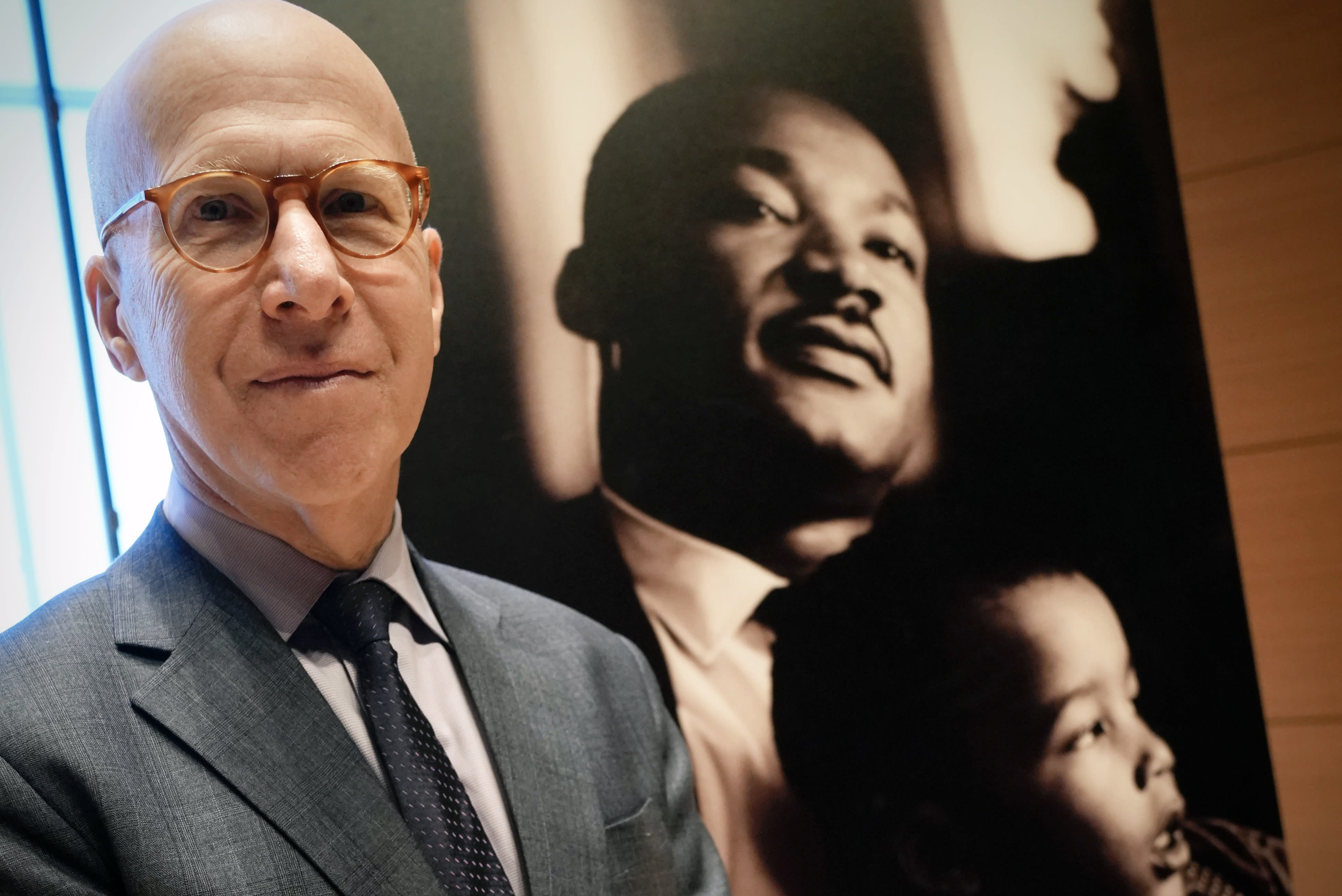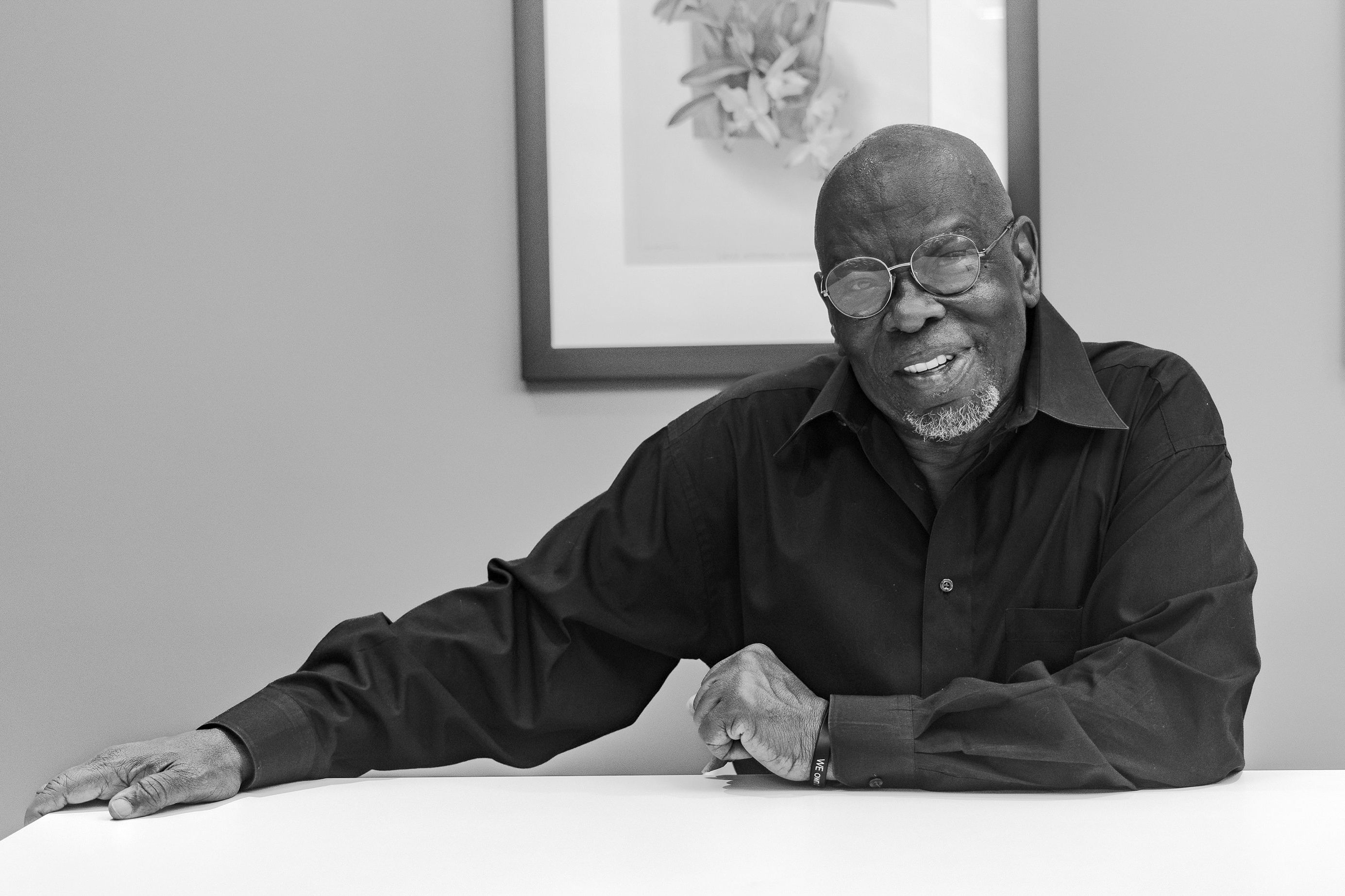How Have Covid-19 and Social Protests About Inequality and Injustice Affected the Arts?
We asked local arts leaders to weigh in on the effects the coronavirus pandemic—and social protests about inequality and injustice—have had on what their organizations do and what audiences will see, now and into the future. Here are their answers.
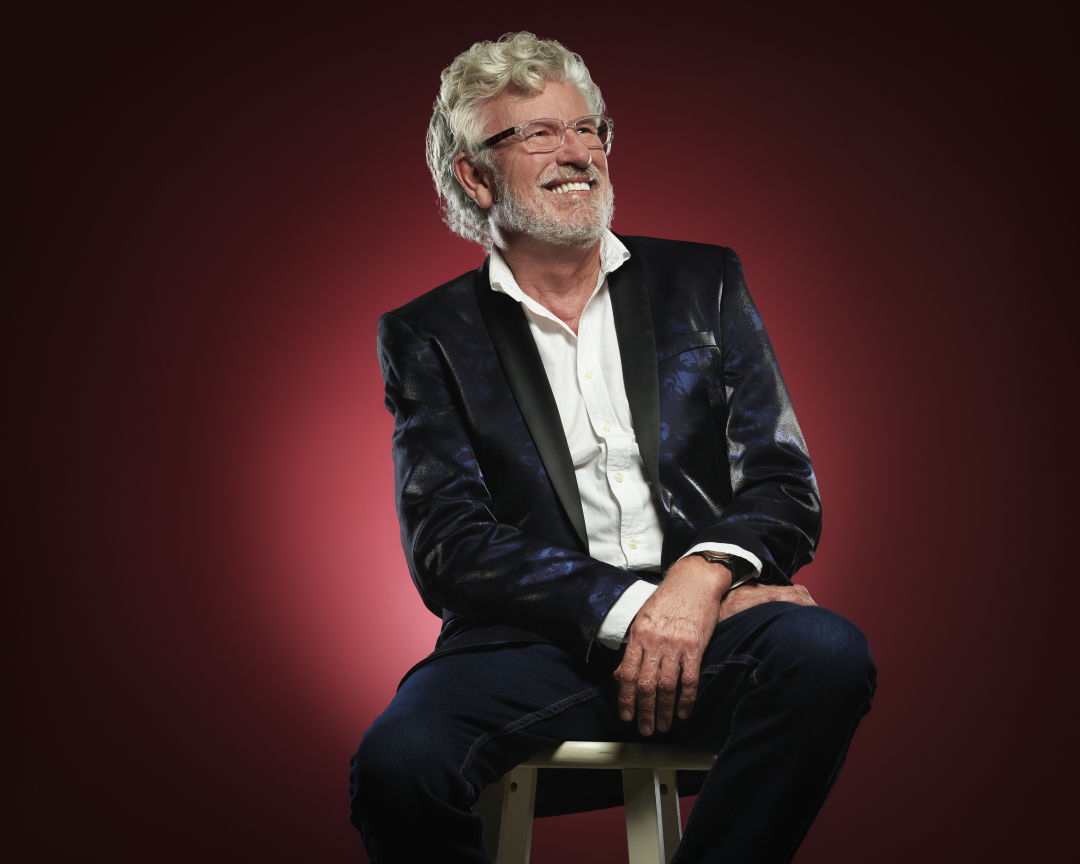
Michael Donald Edwards
Image: SRQ Headshots
"My biggest hope for the theater as it reforms is that the industry will not be taken for granted and that it accurately reflects the country we live in. We must leverage our education systems to reflect our country in terms of access, the content we teach, as well as the ways artists are employed. I’d love to see a Works Project Administration style system, in which the government supports training the next generation of artists in exchange for those artists spending a few years inspiring and connecting audiences as a civic service." —Michael Donald Edwards
producing artistic director, Asolo Repertory Theatre
“Two bright spots through all this chaos. Our online classes have been popular; snowbirds have been participating from wherever they spend their summers. We have determined to expand our overall education program to include a full online curriculum, even after we return to a full in-person schedule. Second, the discussion about distancing in relation to box office and bar sales has gotten us thinking. An upcoming renovation will remove the old-fashioned box office and open up that area to include a ‘sales lounge.’ All phone sales will be offsite, so that sales associates may concentrate strictly on live customers. We’re also considering kiosks for tickets and bar sales, as well as bar pre-sales even prior to arrival. The goal is easier, quicker customer service, with no standing in line.” —Murray Chase, producing executive director, Venice Theatre
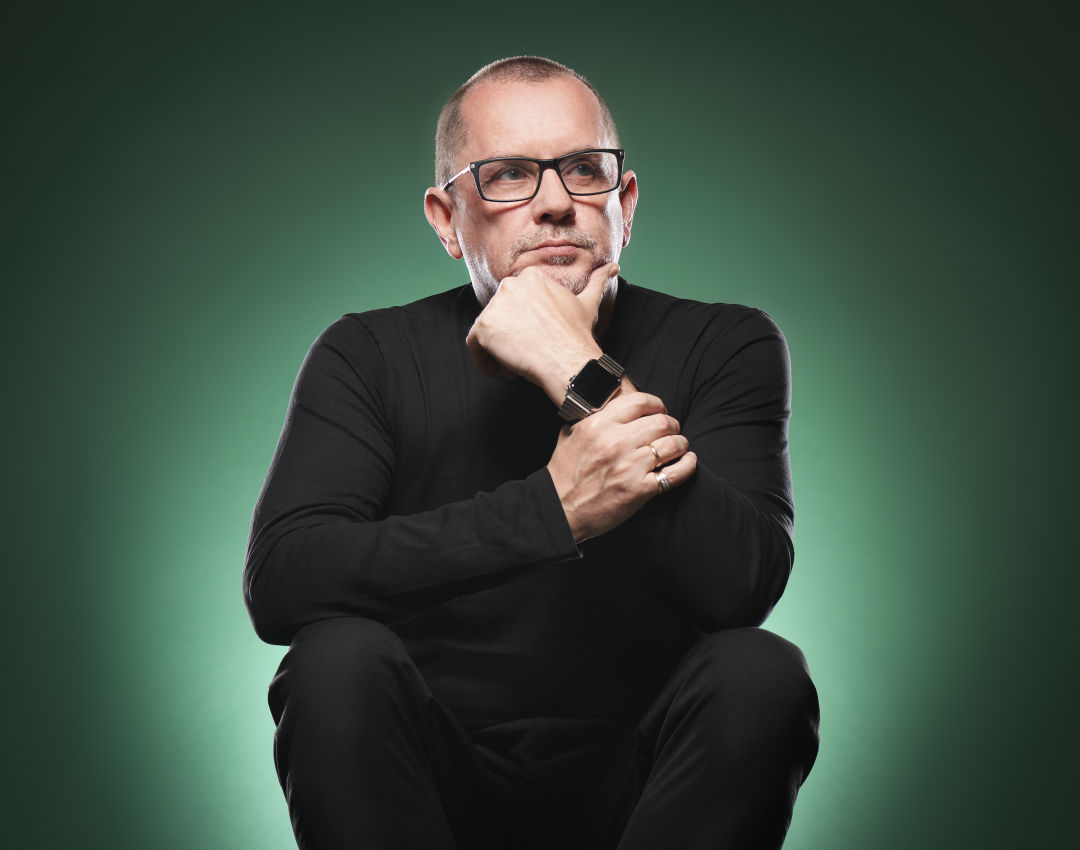
Iain Webb
Image: SRQ Headshots
"The challenges presented by these past few months have demonstrated the passion and dedication of The Sarasota Ballet community. While we strive to responsibly return to live performances, we are thrilled by the response to our pilot Digital Programs from our community and from ballet aficionados across the country and the world. Being able to share a world-class performing arts experience without physical limitation, enriching those who may not possess access to the local arts scene, has been a wonderful silver lining. While digital performances will never capture the power, magnitude, and artistry of live performances, we are grateful to continue to create artistic works and share our passion for ballet.” —Iain Webb, director of The Sarasota Ballet
“The arts show us the best of humanity, and they are created to be shared. While we are now using electronic performances to keep connected, this can’t replace our need to be with others. When we pass this crisis, people will want to be with others even more than in the past. Great art has survived wars, depressions and pandemics. It will be up to us to restore the arts to their place of importance in our society. We’ll show our resilience and our love of meaningful things, and we will continue passing on the greatest possible gift to future generations.” —Victor DeRenzi, artistic director, Sarasota Opera
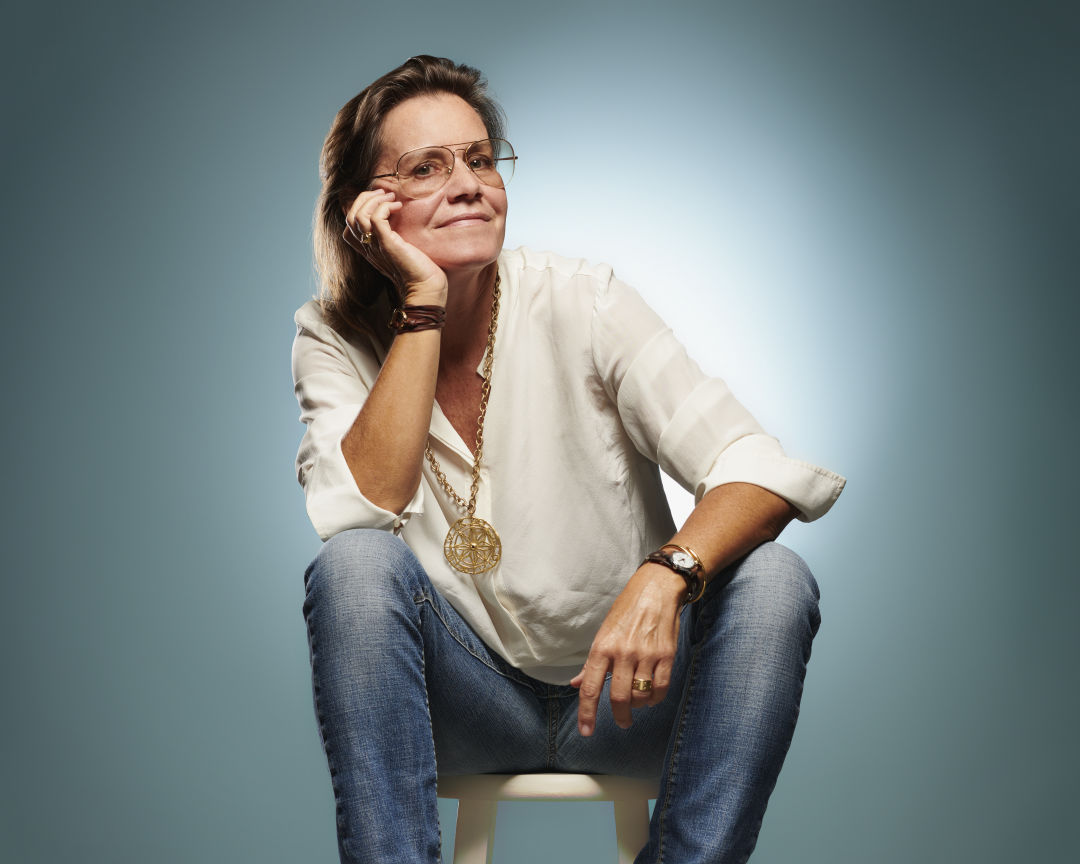
Anne-Marie Russell
Image: SRQ Headshots
"The pandemic didn’t start new trends so much as it accelerated some key trends already in motion. I have long felt that the museum exhibition cycle—years, sometimes decades of planning—results in an exhibition that is short-lived, frenzied, dense. I love the idea of exhibitions up for a longer time, with extensive interpretive programming that allows visitors to come back and see the same art again and again, but with a whole new point of view. Everyone is moving to this model out of economic necessity, but it’s actually good for the soul, and frankly, the environment, too.” —Anne-Marie Russell, executive director, The Sarasota Art Museum of Ringling College
“If we are to seek a ‘silver lining’ amidst the Covid crisis, it would be that our team has really learned how to pull together to deliver the best experience possible for our members and guests. The creation of virtual programming has allowed us to engage with people across the globe, many who we may not have seen before. A crisis, such as this, allows an organization to examine how to best realize its mission and optimize the resources that are available.” —Steven High, executive director, The John and Mable Ringling Museum of Art
"Music has always been an ally and an equalizer during challenging times. Now more than ever, our sincerest wish is to reach people through this virtual medium and share the music with our community and a world that so desperately needs it. The need for music to soothe our soul has not changed, only the way in which we disseminate it. That has forced us to be creative in new and innovative ways. Once we do return to the concert hall and live orchestral music, our resolve will be stronger than ever.” —Troy Quinn, music director, The Venice Symphony

Joseph McKenna
Image: SRQ Headshots
"Music lovers tell us how much they have missed the in-person experience. That is why we have endeavored to create a safe, health-centered, socially distanced environment to present our musicians in Holley Hall. We are also partnering with several outdoor venues to create expanded opportunities for our musicians to do what they love most: bring comfort and connection to our community through music. We are also streaming our concerts for home viewing. I am confident that our resilience and innovation this season will create the foundation for a vibrant, robust recovery.” —Joseph McKenna, president and CEO, Sarasota Orchestra
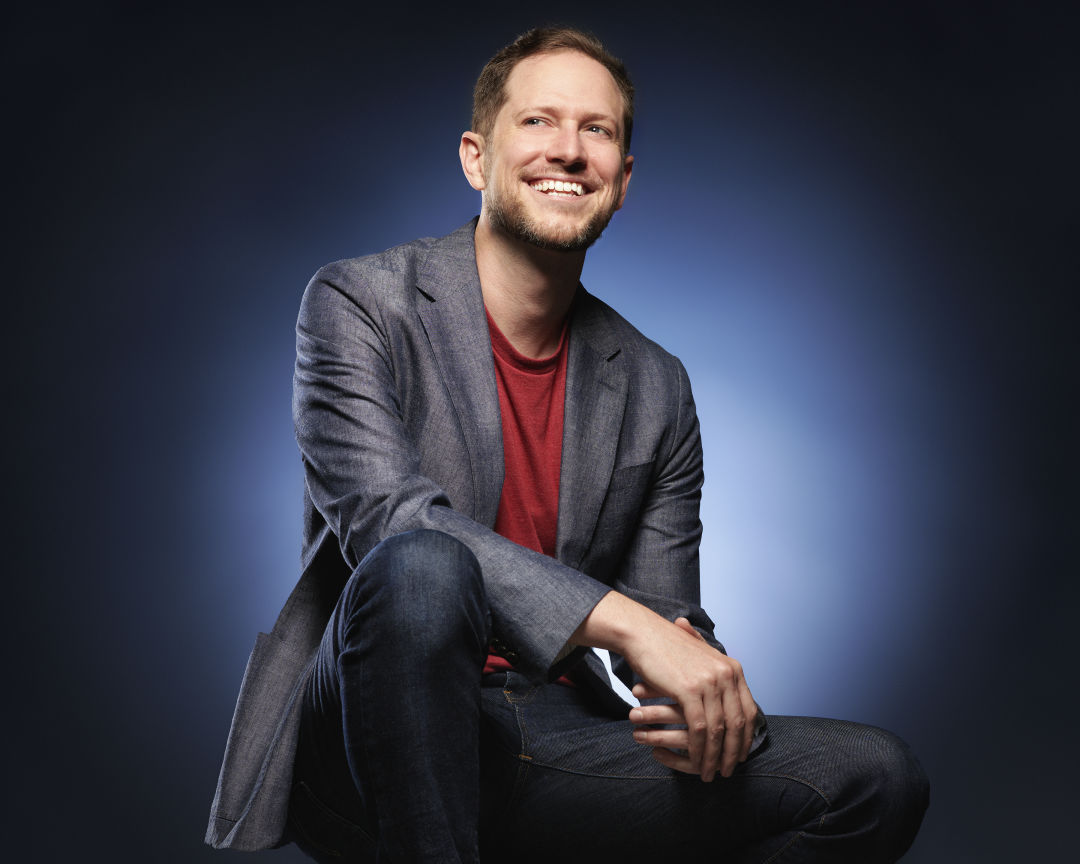
Brendan Ragan
Image: SRQ Headshots
"If we've learned anything, it's that we badly underestimated the importance of public gatherings in our pre-pandemic lives. While creative, virtual alternatives have helped fill the void, it's clear now that they are a poor (or limited) substitute. I would encourage our focus not only on ‘returning to normal,’ but preserving the innovative energy that kept the gears turning during the pandemic as well. Now that we've disassembled our industries, peered deeply inside the working mechanisms, cancerous injustices and problematic systems, we can’t afford to simply put it all back together in pursuit of business as usual. The ideation should continue.” —Brendan Ragan, co-artistic director, Urbanite Theatre
“There is no doubt that we will be returning to a changed world in the arts. This will necessitate all of us challenging the way we think and interact with our community. The role of the Arts and Cultural Alliance will be more important than ever. During this crisis period, our organizations have seen the importance of listening more closely to each other. The coordination of our advocacy efforts through the Alliance has helped our political and business leadership acknowledge the critical importance the arts have to our region’s economy. This has led to increased public funding through the governmental programs and to a greater appreciation for what it means to be a major cultural center in the state.” —Jim Shirley, executive director, Arts and Cultural Alliance of Sarasota County
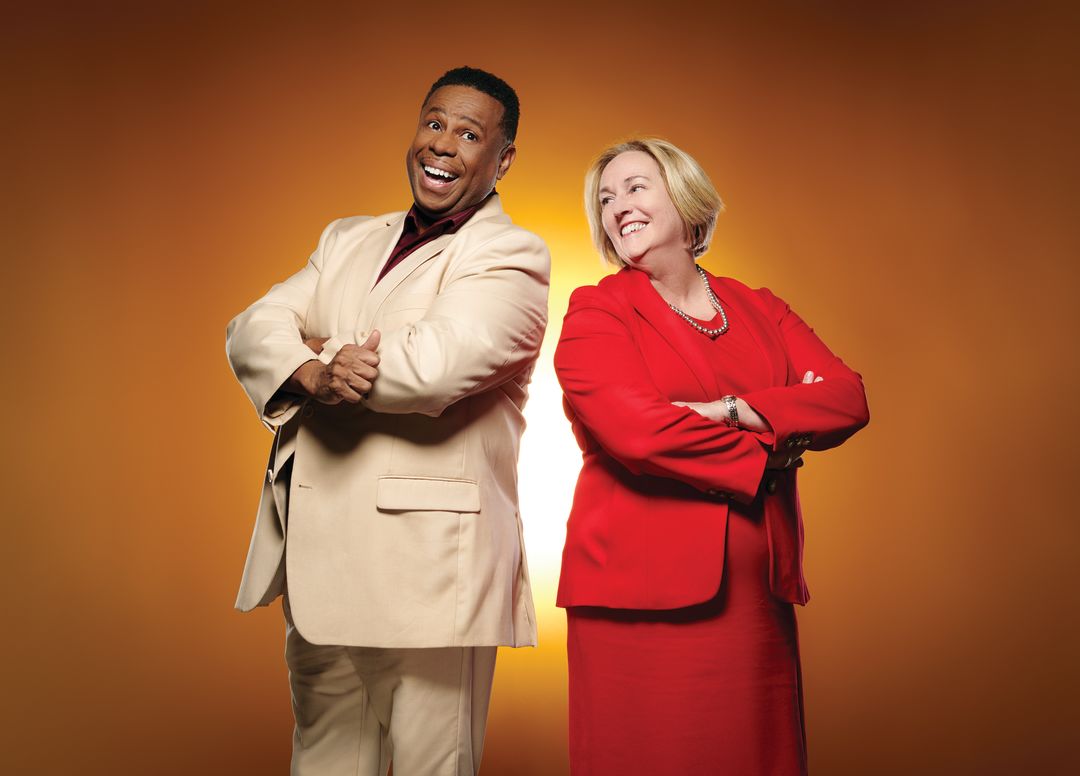
Nate Jacobs and Julie Leach
Image: SRQ Headshots
"While these challenging times have brought many creative endeavors to a standstill and have been crushing from a financial standpoint, the pause in live programming has enabled us to pursue some new endeavors. We have built a network with Black theater producers around the country as well as strengthened connections between the arts and cultural institutions and their leaders right here in Sarasota. We’ve had the time to learn from each other, held discussions on how to make the arts more accessible and inclusive for our entire community, and reached out together to inspire funding to keep our arts alive. We hope to come back from this stronger than ever before.” —Julie Leach, executive director; Nate Jacobs, founder/artistic director, Westcoast Black Theatre Troupe
